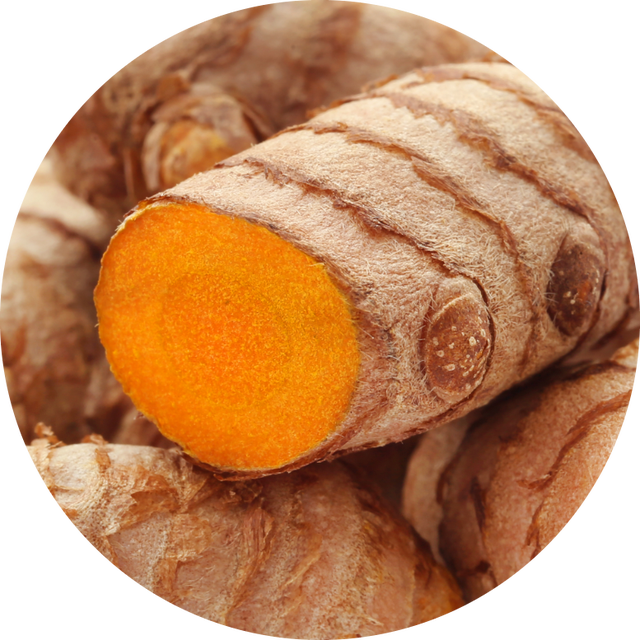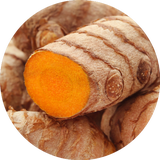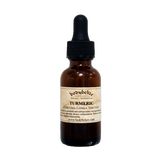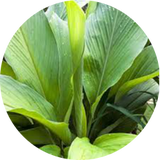- PLANT MEDICINE
- >
- Tinctures
- >
- TURMERIC TINCTURE
TURMERIC TINCTURE
Family: Zingiberaceae
Genus: Curcuma
Species: Curcuma longa
Synonyms: Curcuma domestica, Curcuma aromatica
Common Names: Turmeric, Indian saffron, Haldi
Parts Used: Rhizome
Main Actions: Anti-inflammatory, antioxidant, antimicrobial
Other Actions: Hepatoprotective, antidiabetic, anticancer
Description: Turmeric is a perennial herbaceous plant with rhizomatous roots, belonging to the ginger family. It has bright yellow-orange flesh and a warm, bitter taste.
Tribal and Herbal Medicine Uses: Used traditionally for wound healing, digestive issues, and as a pain reliever in various indigenous medicinal systems. Turmeric has been used for centuries in traditional medicine, particularly in Ayurveda and traditional Chinese medicine. It is known for its potential therapeutic properties, largely attributed to its active compound, curcumin. Some of the other therapeutic properties and potential health benefits include anti-inflammatory, antioxidant, anti-cancer properties, brain health promotion, heart health benefits, anti-diabetic effects, skin health enhancement, and immune support.
Plant Chemicals: Curcuminoids (including curcumin), essential oils, polysaccharides, proteins
Biological Activities and Clinical Research: Extensive research supports its anti-inflammatory, antioxidant, and antimicrobial properties. Clinical studies indicate potential benefits in conditions like arthritis, cancer, and Alzheimer's disease.
Current Practical Uses: Widely used as a spice, food coloring agent, and dietary supplement. Also used in cosmetics and traditional medicine.
Main Preparation Method: Turmeric is typically ground into powder for culinary and medicinal use. It can also be extracted into oil or used as a tincture.
Main Actions: Anti-inflammatory, antioxidant, antimicrobial
Main Uses: Supports joint health, aids digestion, promotes skin health
Properties/Actions Documented by Research: Anti-inflammatory, antioxidant, antimicrobial, anticancer
Other Properties/Actions Documented by Traditional Use: Hepatoprotective, antidiabetic
Cautions: Generally regarded as safe in culinary amounts, but high doses may cause gastrointestinal discomfort. Potential allergic reactions in sensitive individuals.
Traditional Preparation: In traditional medicine, turmeric is often decocted or infused into teas, applied topically as a paste, or consumed with other herbs for various health benefits.
Contraindications: Avoid use in pregnancy and breastfeeding without medical supervision. Individuals with gallbladder issues should use caution due to potential bile flow stimulation.
Drug Interactions: May interact with blood-thinning medications, antidiabetic drugs, and certain chemotherapy agents. Consultation with a healthcare professional is advised when using turmeric alongside medications.
The bioavailability of curcumin is relatively low, so supplements with enhanced bioavailability or consumption of turmeric with black pepper (piperine) are recommended to maximize its benefits.
Recommended dosage: 5ml - 10ml taken in a small glass of water or juice 2 x daily on an empty stomach for better absorption.




